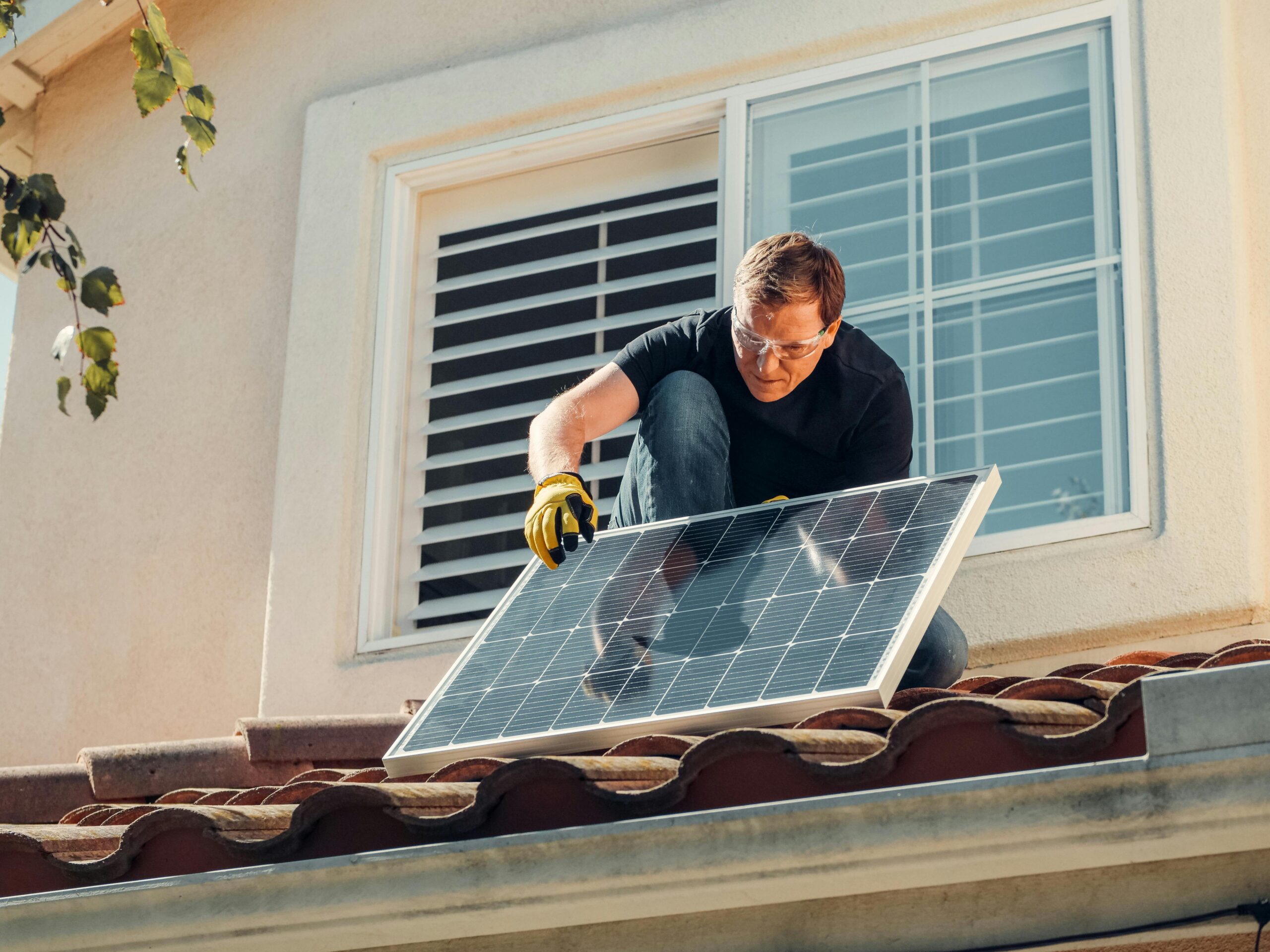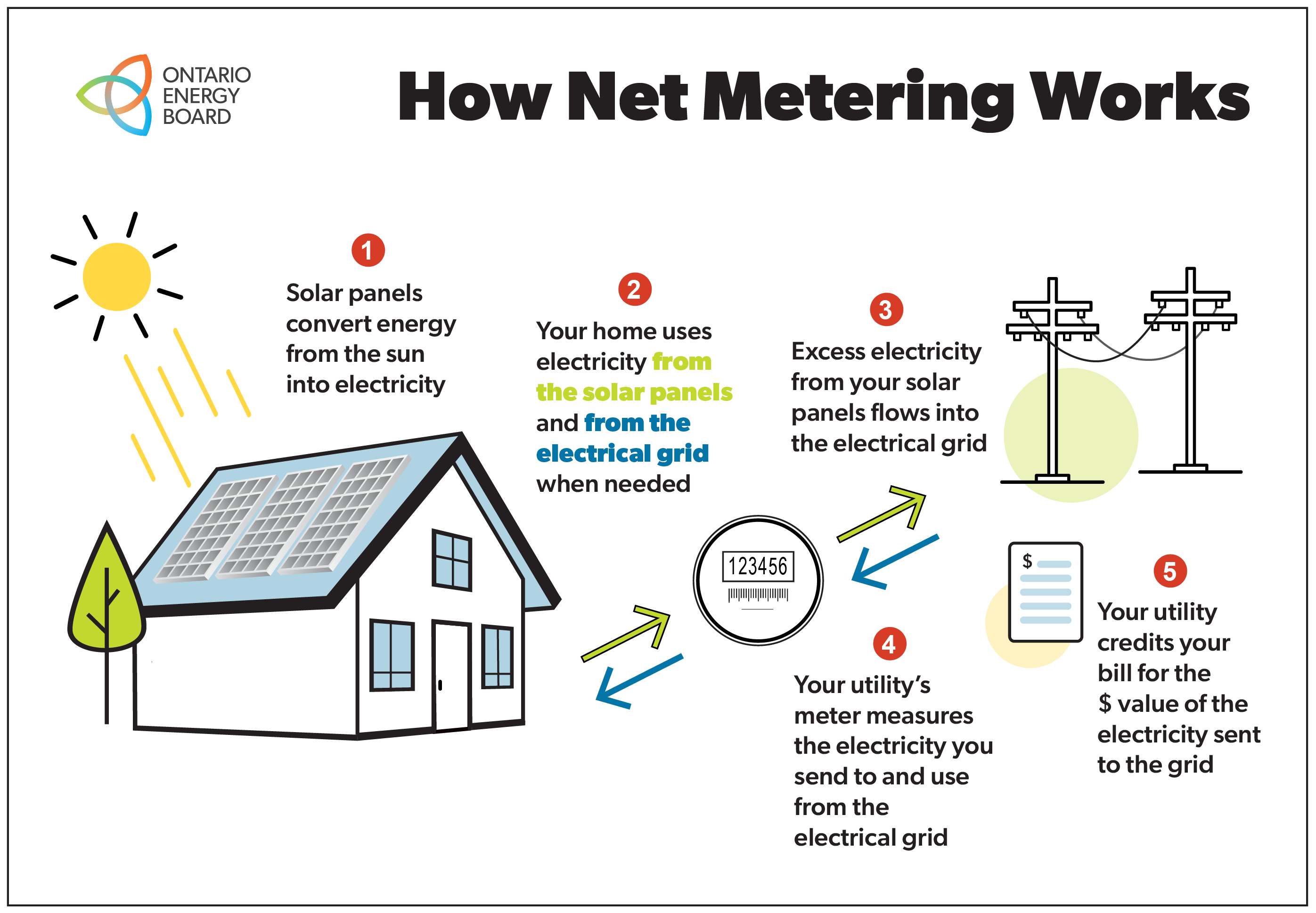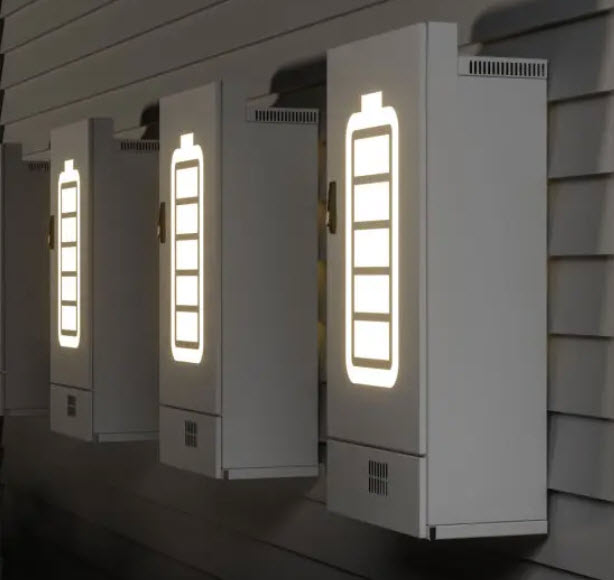A bidirectional meter measures the electricity you generate and use within your home/business in a monthly billing period. The kilowatt hours you generate, but do not consume while generating, are sent back to the grid and are credited against your electricity usage as a net metering credit. If you use the electricity as you generate it, that electricity is not credited to you, but it is also not billed to you, instead reducing your home/business load.
If you generate more electricity in a monthly billing period than you have used, you are only credited for the kilowatt hours you consumed that month. The excess credit is stored for up to 12 months and will be applied against future usage. After 12 months, your credit bank is depleted. It cannot be transferred, redeemed for cash or used as payment for other services.
You’ll receive two monthly statements: one for your home/business and one for your Net Metering account. Your monthly credit is calculated based on the same price plan you’ve selected for your home/business. You can select your preferred rate plan: Time-of-Use, Ultra Low Time-of-Use or Tiered Pricing. You can access your ‘My Account’ to compare price plans and select a plan that best suits your household needs.
Net metering customers are still subject to service charges on their electricity bills. View a breakdown of our commercial/residential rates on the Rates page to find out what charges are kilowatt-based and what charges are fixed monthly (not eligible for credit).



